You have one of the fungal diseases that can affect vegetables. Without culturing in a lab it’s impossible to say for sure which one this is, but the treatment and prevention for the home gardener is the same.
Note that many fungal conditions can be worse when nights are cool since moisture condenses onto plants (dew) and keeps them damp overnight. It’s been a cool summer in the northeast, and peppers like it hot, hot, hot! So it’s only natural that there may be more leaf spot and fruit rot problems in a season where the nights are cool.
1. Be sure not to water in the evening and try not to get the fruit wet when watering when possible. Water deeply less often – don’t hand water because that will lead to the necessity of watering frequently. Soaking the garden with a soaker hose or sprinkler for a long time every 5 days is better than shallow watering less often, since watering frequently is likely to get the fruit wet.
2. Spay with one of the organic fungicides such as Actinovate, Serenade or copper. Ask for an organic fungicide at your garden center and use it according to directions. Be sure to spray the leaves, developing fruit and stems. Next season start to spray your pepper plants early, before they get the problem since it’s easier to prevent fungal problems than it is to treat them once they have arrived.
3. Throw out infected fruit – don’t let it stay in the garden. Once the pepper plants have stopped bearing pull them and toss them out or burn them too – don’t add to the compost pile.
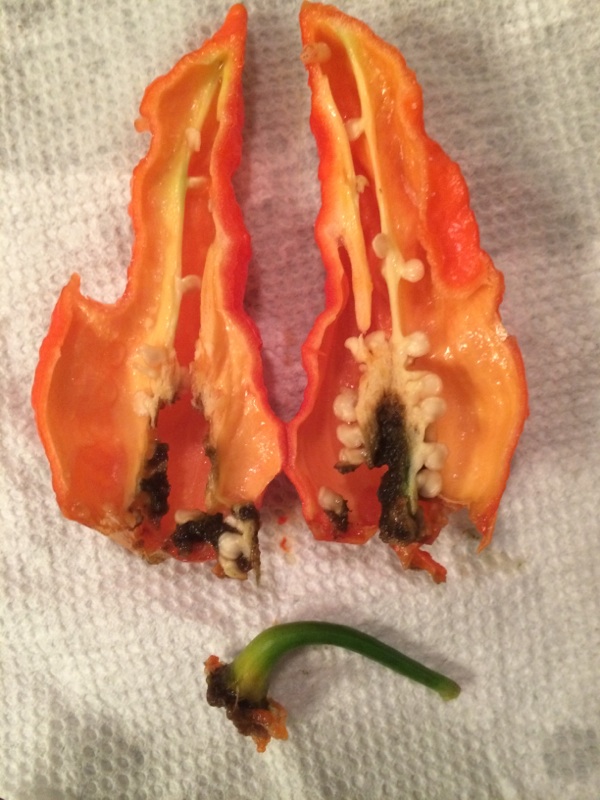
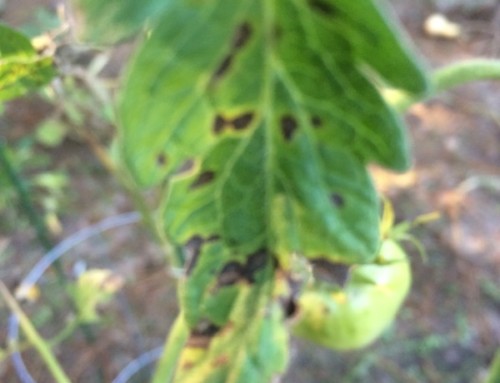
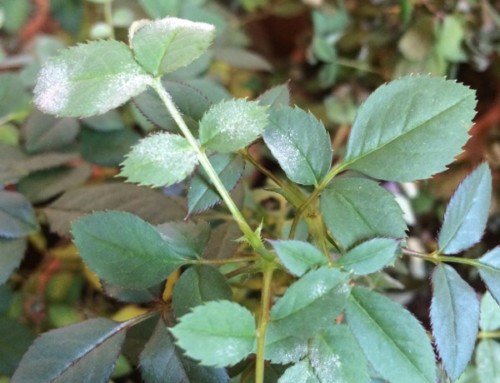
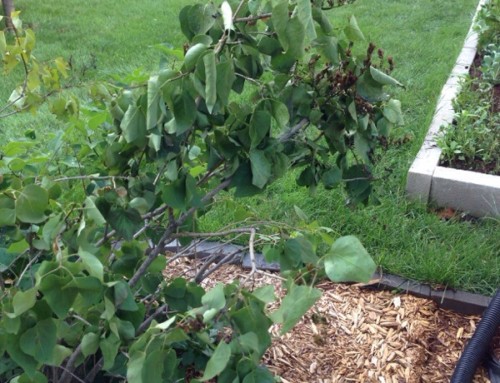
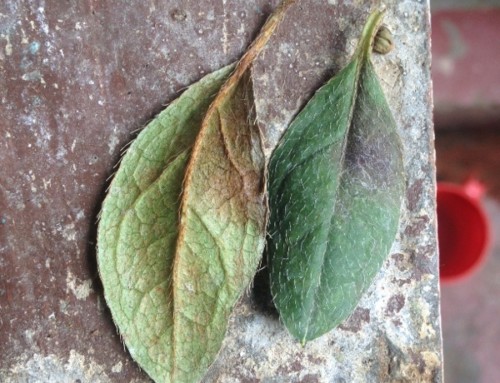
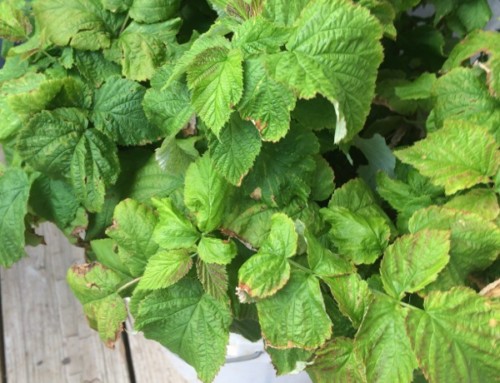
Signs of fungal infection in pepper